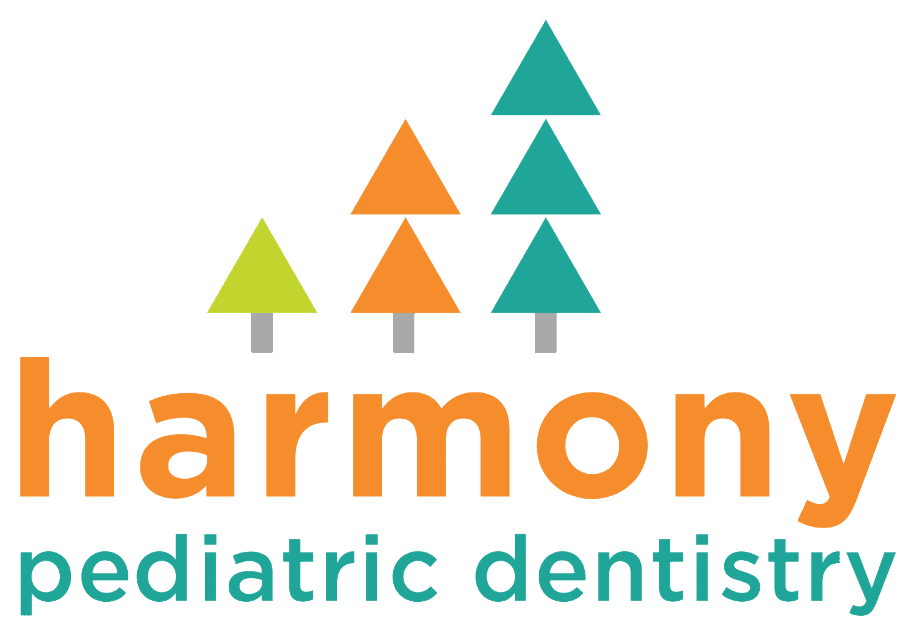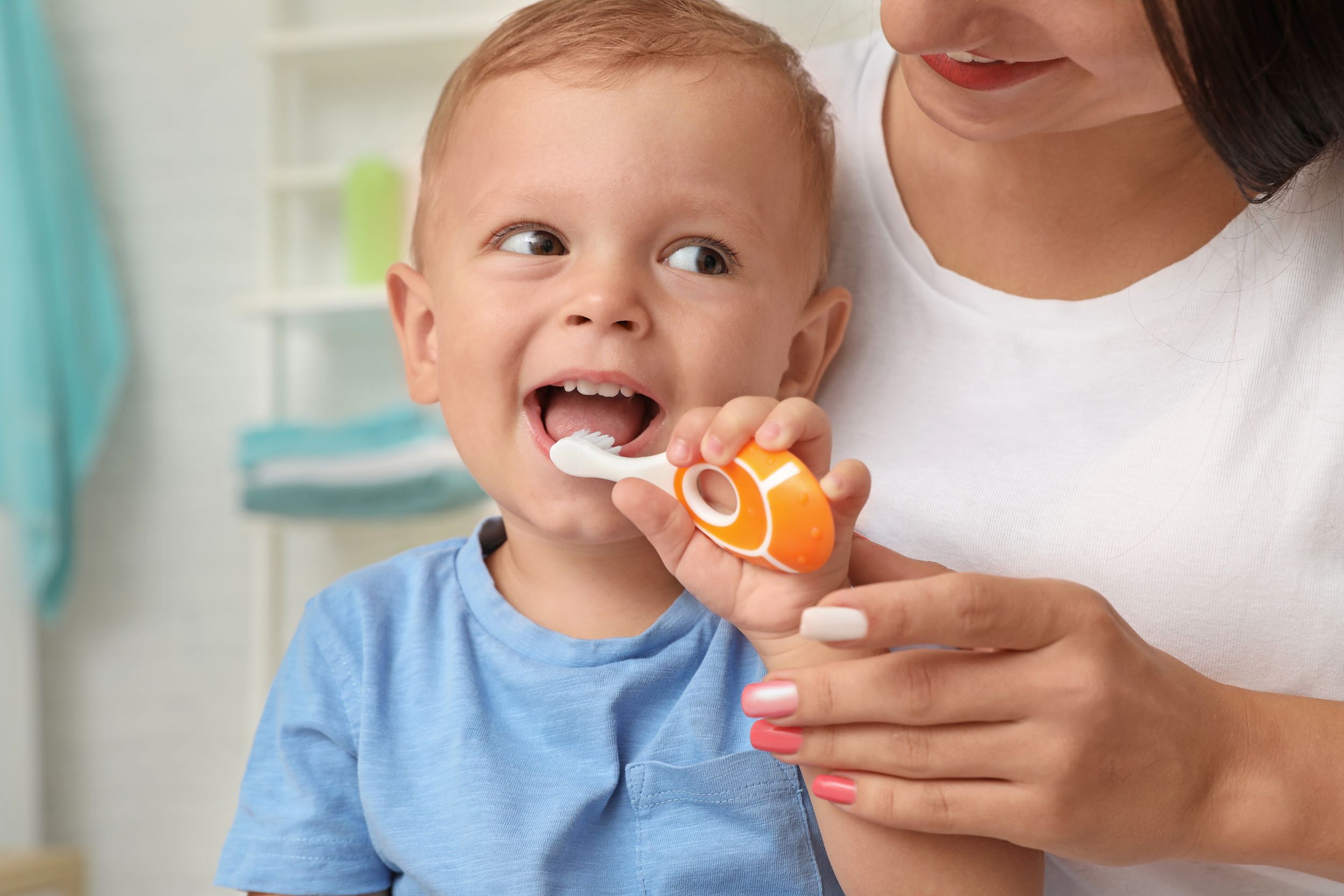Why Early Infant Oral Care Sets the Foundation for a Lifetime of Healthy Smiles
TLDR / Key Takeaway
Early infant oral care sets the stage for lifelong healthy smiles. Schedule your baby’s first visit by their first birthday to prevent early decay and build positive habits. Learn more on our Early Infant Oral Care page.
Why Early Infant Oral Care Matters
Many parents assume dental visits aren’t necessary until a child is older, but oral health starts long before all baby teeth appear. Early visits allow pediatric dentists to monitor tooth development, identify any early signs of decay, and teach parents proper cleaning techniques.
Establishing a dental home early means your child grows up comfortable in a dental setting. This comfort can prevent fear and anxiety later on, creating a foundation for a lifetime of confident smiles.
The Right Time for Your Baby’s First Dental Visit
The American Academy of Pediatric Dentistry recommends scheduling your baby’s first dental visit by their first birthday or within six months after their first tooth erupts. These early checkups focus on prevention—catching potential issues before they become problems.
During this visit, your pediatric dentist will:
- Examine your baby’s gums and emerging teeth
- Check for signs of early decay
- Discuss feeding habits, thumb sucking, and pacifier use
- Teach you how to clean your baby’s mouth safely
Starting early gives parents confidence and knowledge to support their child’s oral health every step of the way.
Common Early Oral Health Concerns
Even babies can experience dental issues if oral hygiene is overlooked. Here are a few early concerns parents should know about:
1. Baby Bottle Tooth Decay:
Frequent exposure to sugary drinks like milk or juice can lead to early cavities. Avoid putting your baby to bed with a bottle and stick to water between meals.
2. Teething Discomfort:
Teething can cause irritability and swollen gums. A chilled teething ring or clean, damp cloth can provide soothing relief.
3. Thumb Sucking and Pacifiers:
These comfort habits are normal in infancy but can affect tooth alignment if prolonged beyond age three. Your dentist can guide you on safe ways to wean.
Building Healthy Oral Care Habits from the Start
Good dental care starts at home. Even before teeth erupt, gently wipe your baby’s gums with a clean, damp cloth after feedings. Once teeth appear, switch to a small, soft-bristled toothbrush and a smear of fluoride toothpaste.
Encouraging your child to participate as they grow—and making brushing a positive experience—sets the stage for lifelong good habits. Singing songs, letting them hold the brush, or brushing together can make it fun.
Partnering with a Pediatric Dentist Early
Choosing a pediatric dentist means choosing someone who understands your child’s unique dental needs. At Harmony Pediatric Dentistry, we specialize in making early visits positive and educational. Our team helps parents navigate teething, nutrition, and early cavity prevention while ensuring each visit feels calm and welcoming.
By starting early, you’re not just preventing cavities—you’re building your child’s confidence in the dental chair and creating the foundation for a lifetime of healthy smiles.
Conclusion: Early Infant Oral Care
Early infant oral care isn’t just a milestone—it’s a commitment to your child’s long-term health. The sooner you begin, the easier it is to maintain strong, healthy teeth as they grow. Schedule your baby’s first dental visit with our caring team at Harmony Pediatric Dentistry and give them the best start possible.
Contact us today to book your baby’s first appointment and start their journey toward a lifetime of happy, healthy smiles.


